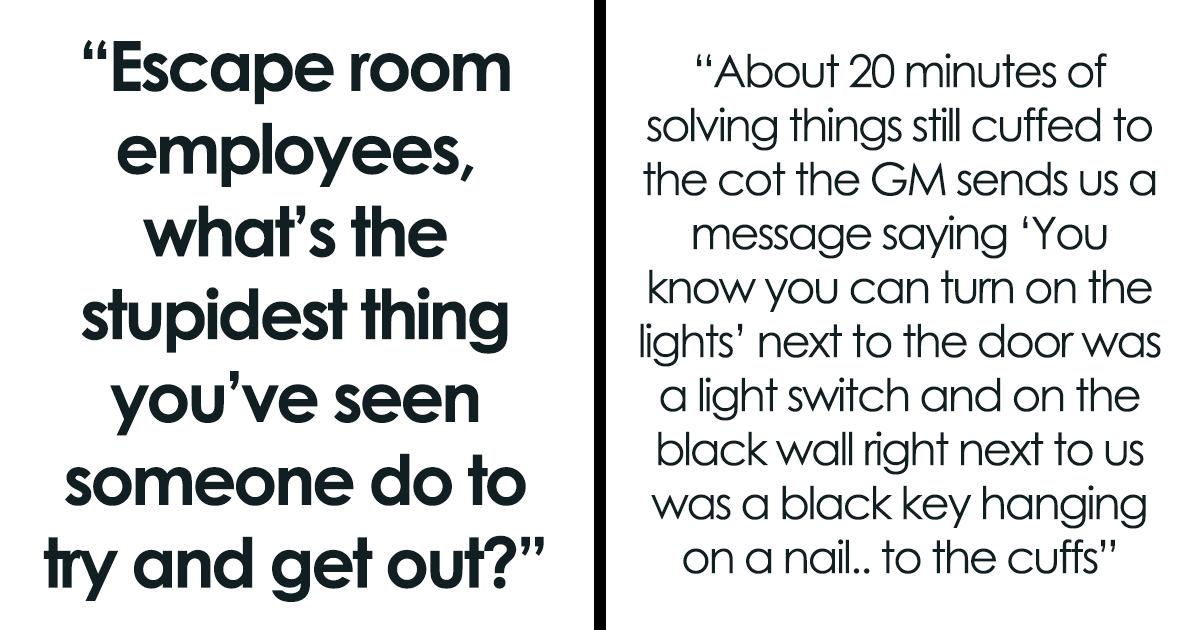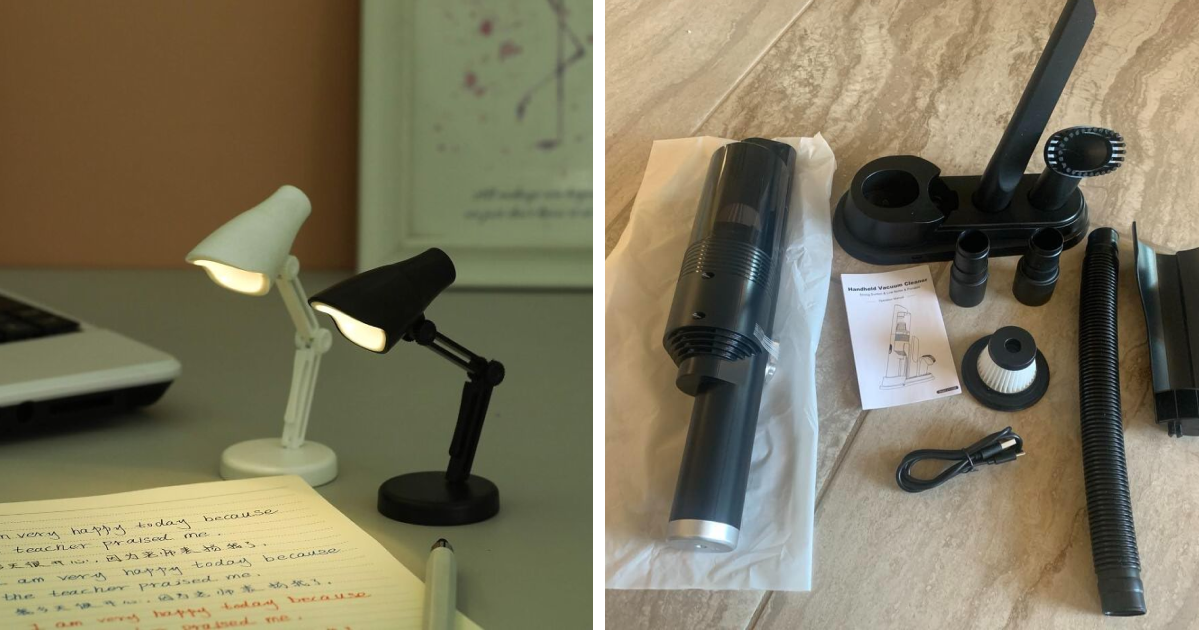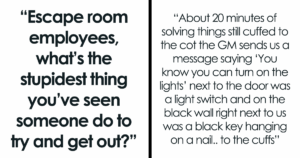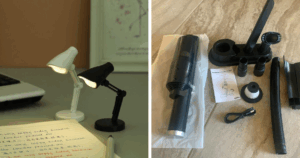Vacation Nightmare: How a Perfect Trip Turned Into a Toxic Battle Between Friends and Spouses
Therapist, ADHD coach, and educator Kristin Koliha shared a similar sentiment, specifying that the neurotypical partner may get frustrated by their neurodivergent partner’s interruptions, which may result in not feeling heard or dismissed.
The biggest challenge that these couples may face is in co-regulation. As Marlow explains, neurodivergent partners may not notice their emotional shifts until distress levels are high. And when that happens, calming each other down may be more difficult.
Then there’s the gap between intention and execution, as pointed out by licensed professional clinical counselor Karina Westrick, LPCC. As she explained, neurodivergent partners try their best to be responsive, but their challenges make it a limiting factor.
Coping with a neurodivergent partner is about mutual compromise
Neurodivergence in marriages can pose challenges. But as Marlow emphasizes, it’s also about mutual compromise by embracing the partner’s unique strengths. Honesty also helps.
“While directness may feel startling at first, it can become a foundation for trust and intimacy,” she said.
The neurodivergent partner can also do their part by building behavioral and social skills, according to Westrick. But at the same time, their spouse must also do their part.
“They may have to balance their expectations with an acceptance of their partner’s neurodivergent traits they perceive as challenging,” she said.
But when the challenges become more difficult to handle, professional help may be the next best step.














Post Comment